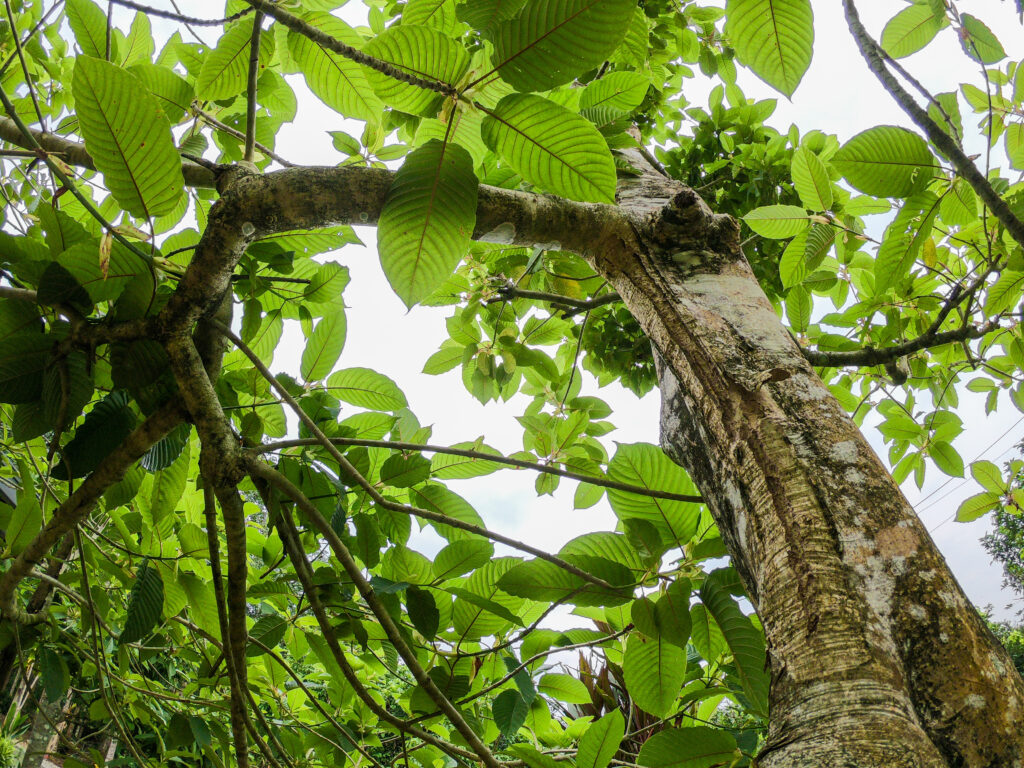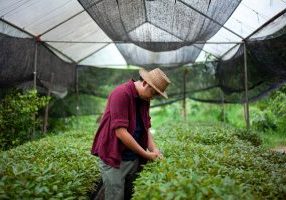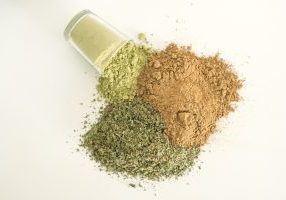On our blog here at Phytoextractum, we talk a lot about where kratom comes from and how it is being sold in America. While these are important topics, there are a few other areas that we haven’t covered yet.
One area that we’ve been thinking a lot about recently is the environmental impact of kratom. The shift from excess plastic to more eco-friendly options has been a huge shift in modern-day American culture, but we know that there is a lot more work to be done in the realms of sustainability and monitoring the environmental impacts of business.
We started thinking: is kratom sustainable? Does it have a net neutral impact on the environment, or is it causing damages to the areas where it is farmed? These questions aren’t easily answered, but they are important.
Take some time today to learn about sustainability, kratom, and how those two worlds are currently intersecting! We are interested in what effect kratom is having on this aspect of the world and are excited to share our findings with you!
Risky Industries In The Region
Palm oil plantations and the timber industry are huge threats to rainforests and ecosystems where kratom grows naturally. Both of these industries tend to deforest huge areas of the rainforests to get more material or more space for their own production purposes, and that can cause huge problems.
The palm industry, in particular, is known for being incredibly rehabilitating to the ecosystem. It’s even been shown to be one of the causes of increased climate change problems in recent years.
Still, both of these industries are the lifeblood of some regions in Southeast Asia. Due to the limited work options, many farmers and laborers rely on these industries to keep their families afloat. There are few options, so they take part in a system that is slowly killing the world around them.
A Better Option: Kratom
As the kratom industry has come back to life in the past decade, many farmers and laborers have returned to this traditional farming practice. The industry gives them another option outside of the palm oil industry and the timber industry. And for many farmers, that is a huge relief.
That’s not to say that every single palm oil plantation is going to close in favor of kratom farming, but there is a considerable effect that has been had by giving these people another profitable option.
Important Sustainable Points for Kratom
In addition to being a great alternative to more harmful options in native kratom regions, there are many ways that the kratom industry can continue to be a positive force in the world of sustainability.
For the most part, kratom farms are doing things the right way, but there is always the risk that will change in the future as kratom becomes more and more popular. Hopefully, that will never become a huge concern. The key points that kratom farms need to stick to include the following.
Continue The Traditions
Traditionally, kratom has been harvested in very sustainable and environmentally friendly ways. Kratom farming was harvested in small villages throughout the forests, and this is a better alternative than cutting down forests in order to grow kratom trees.
The traditional farming method used for kratom is very different from most industrial agriculture practices, and sticking to the existing traditions is much kinder to the planet.
Avoiding Centralized Cultivation
As mentioned, kratom farms were typically spread through the forests of the countries where kratom is naturally found.
Centralized cultivation of kratom would require wide-spread cutting of the forests and rainforests in these regions; this is something that often happens in other primary industries in the region.
Kratom does not, and does not need to, rely on that type of huge plantation. Kratom farming can be successful by harvesting and cultivating wild trees as well as setting up small farms in the backyards of people and laborers in each village. Having just a few trees in each year is enough to harvest kratom while also continuing the biodiversity of the region.
Stick To Sustainability
As demand continues to grow for kratom around the world, there is a risk of sustainable practices being abandoned in favor of “faster” production. It’s important that the future generations of kratom farmers continue to follow in the footsteps of sustainable kratom farmers by:
- Only harvesting leaves that are ready and needed
- Leaving the trees with enough leaves to be healthy between harvests
- Avoiding harsh chemicals and pesticides
- Not allowing any chemical processing required to get into local groundwater
- Avoiding any damage to the local ecosystem
Sticking to both wild and backyard farming is a great way to avoid the dangers that can happen with these issues.
Long-Term Growth Is Best
Another important facet of the kratom industry is that more mature kratom trees are actually better options for a high-quality extract and leaf. Trees need to mature for at least three years before they are harvested, and the best leaves often come from trees that are more than 20 years old.
The longer that kratom trees are allowed to thrive, the better the final product will be. This means that there is a lot of value in helping the forests to thrive, and that can be a great thing for these kratom-adjacent ecosystems.
Additionally, it is possible that kratom trees grow best when they are underneath a larger forest canopy. This is why wild harvesting of wild-grown kratom trees is so popular, and it is likely that that practice will continue. This practice encourages forest growth and sustainability, and that is amazing.
We Care About The Future
Here at Phytoextractum, we are always thinking about our sourcing and supply line. We want to make sure that we are only sourcing the highest-quality kratom, and we do a variety of testing to ensure that this remains true.
As we move forward in the industry, we also want to be sure that we pay attention to sustainability and how the farmers that we work with are affecting the environment around them. Hopefully, other kratom vendors will continue to do the same!











